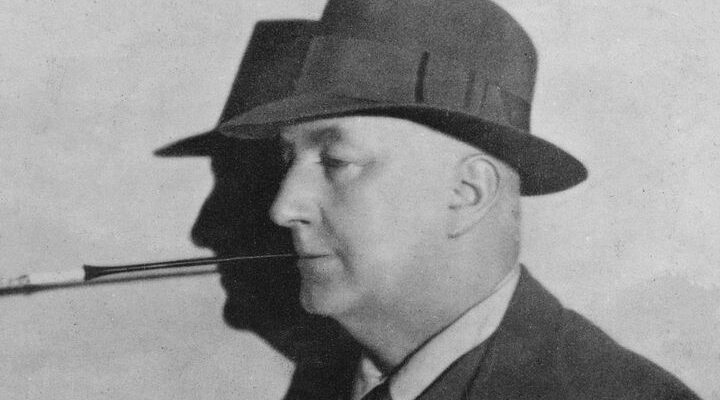When we talk about British literature, images of Shakespearean dramas, Victorian novels, and Romantic poetry often dominate our minds. But what exactly is British literature? At its core, British literature is a broad term that encompasses literary works produced in the United Kingdom, the Isle of Man, and the Channel Islands. It spans centuries, from the Old English period to the modern day. And includes works in English from writers originating from England, Scotland, Wales, and Ireland.
British literature isn’t just a repository of texts; it’s a reflection of the cultural, social, and political evolution of Britain. It’s a tapestry woven with the threads of historical events, social upheavals, and the personal experiences of its authors. It’s about kings and queens, wars and peace, love and loss – and everything in between. So, what is important about British literature? It serves as a mirror reflecting the societal changes and cultural heritage of the British Isles, influencing not just literary circles but shaping societal norms and values.
But amidst the celebrated giants, there lie hidden gems. Writers who have significantly contributed to the fabric of British literature but haven’t received the limelight they deserve. In this exploration, we’re unveiling ’10 Most Underrated Writers Who Shaped British Literature’. These are the scribes who penned profound works but often remained in the shadows of their more famous contemporaries.
10 – Margery Sharp: The Witty Chronicler of Human Nature
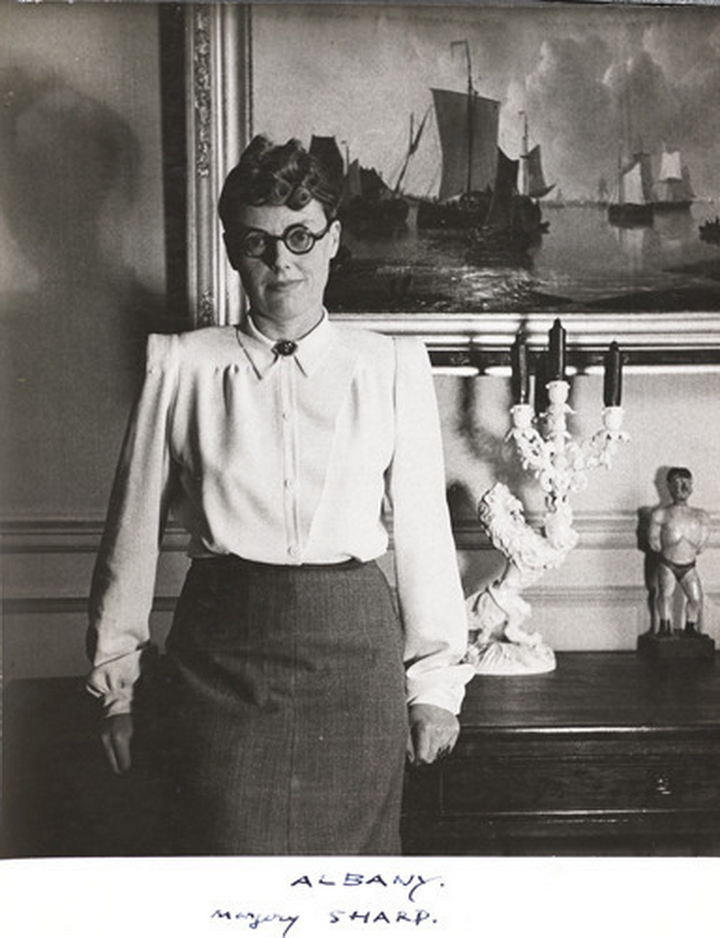
Margery Sharp is often overshadowed by her contemporaries. She was a prolific author who brought an exceptional blend of humor and insight into her narratives. Born in 1905, Sharp’s keen observation of human nature and society set her apart as a distinctive voice in British literature.
Sharp’s literary journey began with her first success, “Rhododendron Pie” (1930), which introduced readers to her unique style. However, it was “The Nutmeg Tree” (1937), a novel blending wit and romance, that established her as a noteworthy British novelist. Sharp had a gift for creating strong, quirky female protagonists, often ahead of their time, which made her works resonate with a wide range of readers.
But perhaps her most endearing legacy is the series of children’s books featuring the character Miss Bianca. A brave mouse, which inspired the Disney animated film “The Rescuers.” Through these stories, Sharp demonstrated her versatility and the ability to captivate both young and adult audiences.
Despite her significant literary contributions, Margery Sharp remains an underrated author. Her ability to paint life’s complexities with humor and empathy makes her a writer deserving of a spotlight in the annals of British literature.
09 – Muriel Spark: The Sharp Observer of Post-War Society
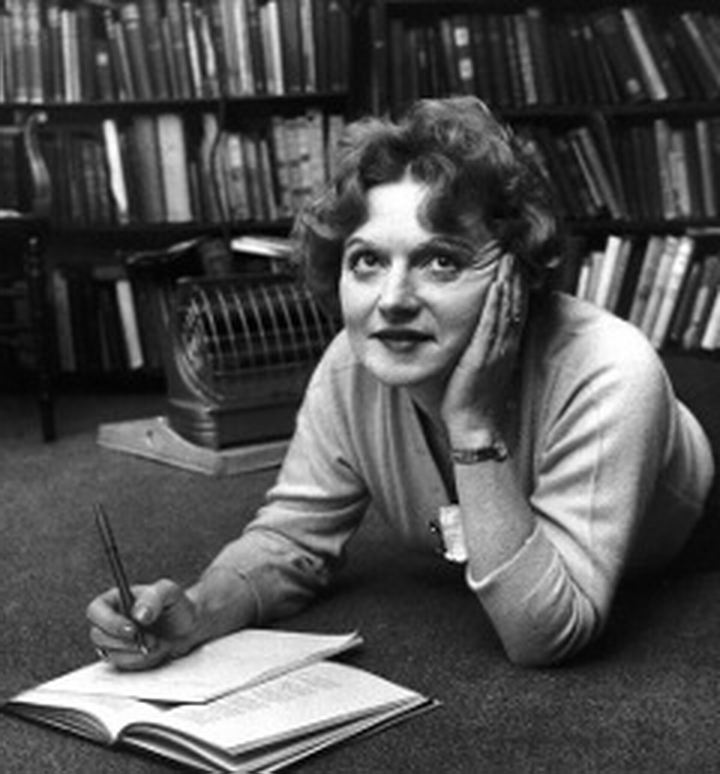
Muriel Spark, born in 1918, was a writer who masterfully captured the essence of post-war Britain. With a career spanning over four decades, Spark’s works are characterized by their satirical tone and psychological depth, making her an important yet underrated British author.
Her most celebrated novel, “The Prime of Miss Jean Brodie” (1961), is a masterpiece of narrative economy and character study. The book’s portrayal of an unorthodox Edinburgh schoolteacher and her influence on her students offers a nuanced exploration of morality and manipulation. This novel, along with others like “Memento Mori” and “The Girls of Slender Means,” showcases Spark’s talent for weaving dark humor with profound themes.
Spark’s writing style, marked by precision and elegance, reflects her deep understanding of the human psyche. Her ability to dissect societal norms and the complexities of individual identity makes her a significant figure in the world of British novelists.
Despite her critical acclaim, Muriel Spark is often overlooked in discussions of British literature. Her incisive observations and literary finesse, however, affirm her status as a writer who profoundly shaped the literary landscape of her time.
08 – Edgar Wallace: The King of Thrillers
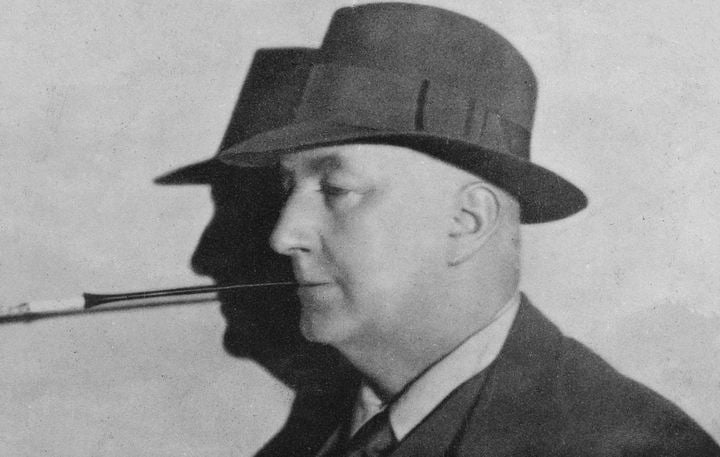
Edgar Wallace, born in 1875, was a literary force to be reckoned with. Often referred to as the “King of Thrillers,” Wallace’s prolific output and gripping narratives have left an indelible mark on British literature, particularly in the genre of crime and thriller.
Wallace’s career as a writer took off with “The Four Just Men” (1905), a novel that gained immense popularity for its suspenseful plot and intriguing characters. His ability to craft fast-paced narratives and complex plots earned him a vast readership and made him one of the most widely read British authors of his time.
Beyond novels, Wallace’s talent extended to screenwriting, with his work contributing to the early development of the British film industry. His stories were the basis for numerous films. He was even involved in the initial scripting of the classic movie “King Kong”.
Despite his massive output — over 170 novels, 18 stage plays, and numerous articles — Edgar Wallace is often overshadowed by other writers in discussions about British literature. His mastery of suspense and ability to keep readers on the edge of their seats. However, cements his status as a significant, albeit underrated author.
07 – Barbara Pym: The Understated Chronicler of Post-War England
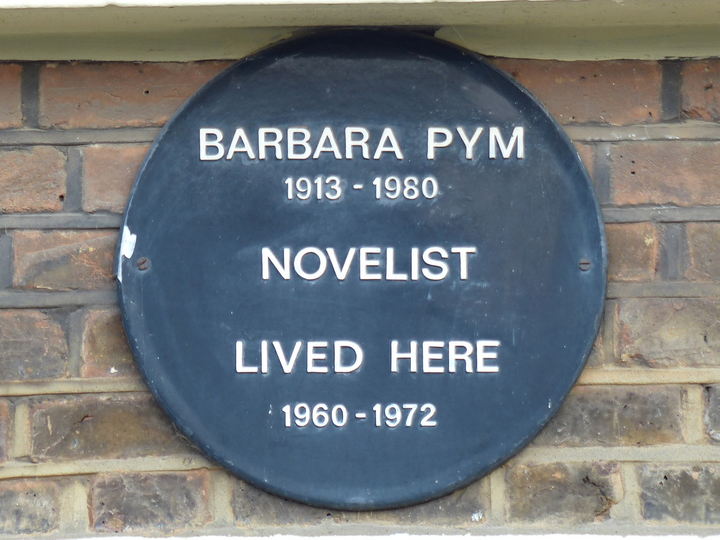
Barbara Pym, born in 1913, was a novelist who excelled in portraying the nuances of everyday life with both wit and empathy. Often compared to Jane Austen for her keen social observation, Pym’s work offers a detailed, humorous look at post-war English society.
Her debut novel, “Some Tame Gazelle” (1950), set the tone for her career. Pym’s novels, like “Excellent Women” (1952) and “A Glass of Blessings” (1958), are celebrated for their understated humor and insightful portrayal of women’s lives. She had an unparalleled talent for turning the mundane into the profound, exploring themes of love, loneliness, and the small dramas of everyday existence.
Despite her critical success in the 1950s, Pym’s work fell out of favor until a revival in the late 1970s. Today, she’s recognized as an important British novelist, whose contributions to British literature are invaluable. Her subtle yet piercing observation of human nature makes Barbara Pym an underrated author whose work continues to delight and inspire readers.
06 – Henry Green: The Innovator of Narrative Style
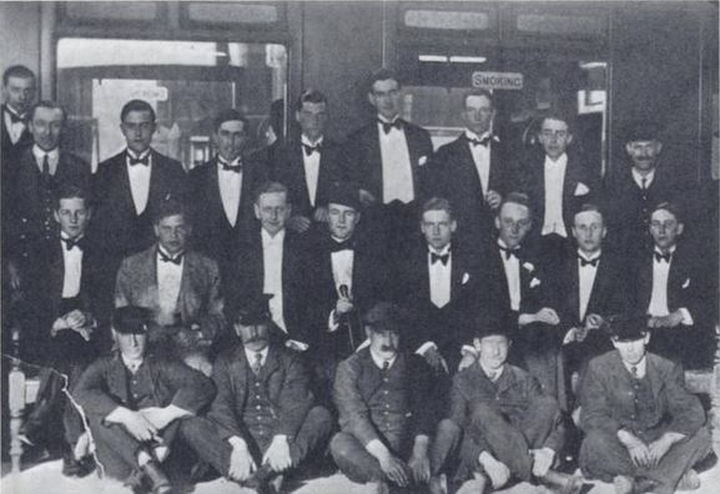
Henry Green, born in 1905 as Henry Yorke, was a novelist who brought a unique and innovative style to British literature. Green’s novels are celebrated for their experimental narrative techniques, including the use of stream of consciousness and unconventional dialogue.
His novel “Living” (1929) marked his emergence as a significant literary figure. Green’s ability to capture the essence of working-class life with both compassion and humor was groundbreaking. Other notable works like “Loving” (1945) and “Concluding” (1948) further established his reputation as a modernist master. Green’s narratives often eschewed traditional plot structures, focusing instead on the intricacies of human relationships and the complexities of communication.
Despite his innovative contributions and acclaim from literary contemporaries, Henry Green remains an underrated British author. His exploration of the subtleties of language and form makes him a pivotal figure in the landscape of modern British novelists.
05 – Jane Austen: The Timeless Voice of Wit and Romance
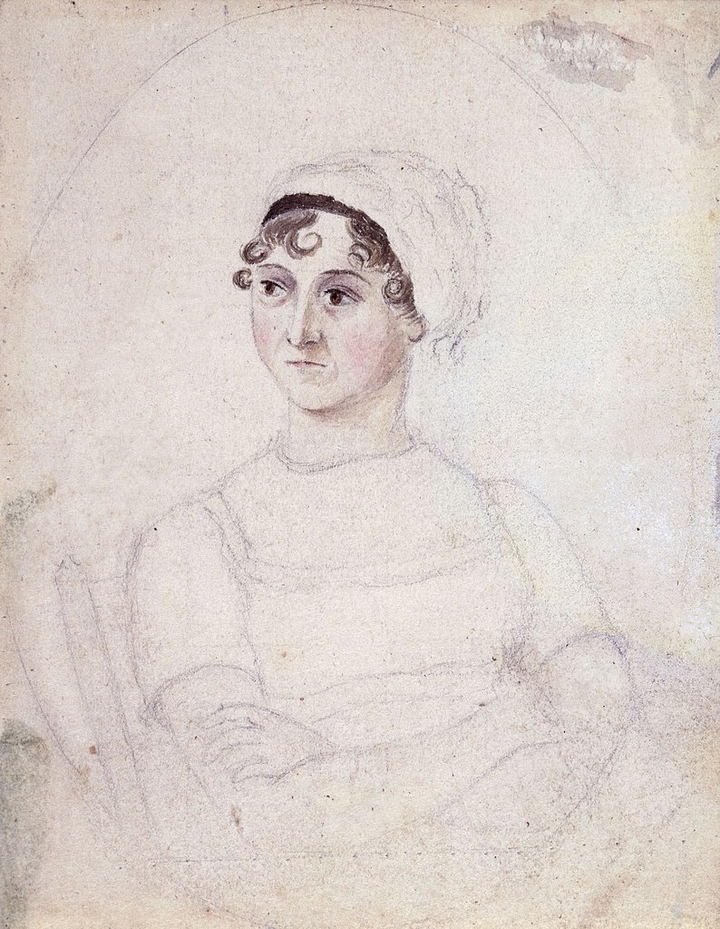
Jane Austen, born in 1775, is a household name, yet she is often underrated for the depth and impact of her work. Known primarily for her romance novels, Austen’s narratives go beyond mere love stories. They are astute social commentaries that offer a critique of the societal norms of her time.
Austen’s novels, such as “Pride and Prejudice” (1813) and “Emma” (1815), are renowned for their wit, vivid characters, and intricate plots. Her keen observation of social manners and the dynamics of human relationships has made her works timeless classics. Austen’s exploration of themes like marriage, morality, and class has solidified her status as a prominent figure in British literature.
While her fame is undisputed, Jane Austen’s role as a pioneer of the novel form. And her influence on subsequent generations of British novelists is often overlooked. Her contributions extend beyond romantic novels; she helped shape the novel as a vehicle for social critique and personal expression. This makes Jane Austen not just a celebrated author but also an underrated author in the broader context of literary history.
04 – Stella Benson: An Explorer of Fantasy and Feminism
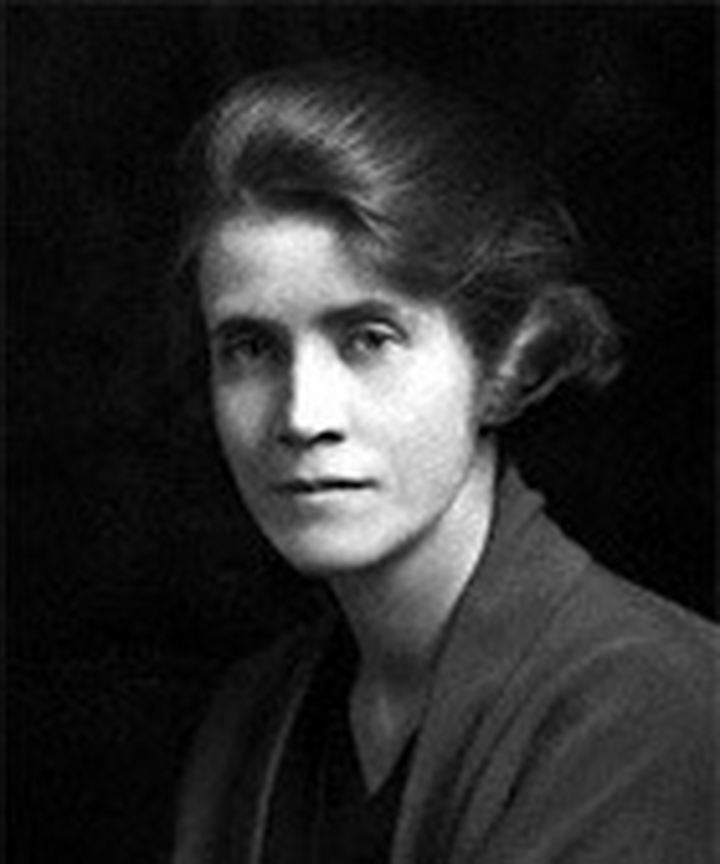
Stella Benson, born in 1892, is a name that isn’t uttered as often as it should be in the annals of British literature. This British author ventured where few of her contemporaries did, seamlessly blending fantasy elements with stark realism.
In works like “Living Alone” (1919), Benson presented a war-torn London infused with magical realism, creating an enchanting yet poignant narrative. Her fiction often introduced strong, independent female protagonists who, much like Benson herself, sought to break free from societal constraints.
Apart from her novels, Benson was also an avid traveler. And her experiences worldwide provided a rich tapestry for her writing. Her narratives, infused with her feminist leanings, continue to inspire readers, making her one of the truly pioneering British novelists of her era.
While her legacy may not be as widely recognized, Stella Benson’s unique blend of fantasy and keen societal insights positions her as a standout figure in British literature.
03 – George Eliot: A Literary Giant in Disguise
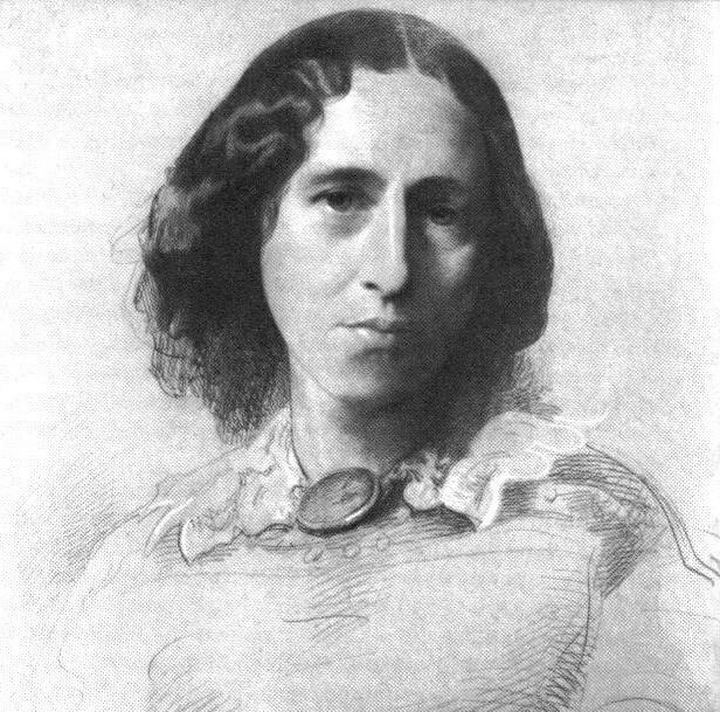
Mary Ann Evans, better known by her pen name George Eliot, was born in 1819 and became one of the most prominent British novelists of the 19th century. Eliot chose a male pseudonym to ensure her works were taken seriously in a male-dominated literary world.
Her novels are renowned for their complex characters, intricate plots, and profound psychological insights. “Middlemarch” (1871-72) stands out as her magnum opus, offering a detailed portrayal of provincial life and its myriad characters. Eliot’s exploration of societal constraints, human ambition, and morality has made her novels enduring classics.
Eliot’s influence extends beyond her tales. She was also an astute social critic, whose essays and reviews shaped public opinion on pressing issues of her time. While her literary prowess is celebrated, the depth and breadth of her influence on British literature and society often go unnoticed, making her a truly significant yet underrated author.
02 – Elizabeth Gaskell: Chronicler of the Industrial Revolution
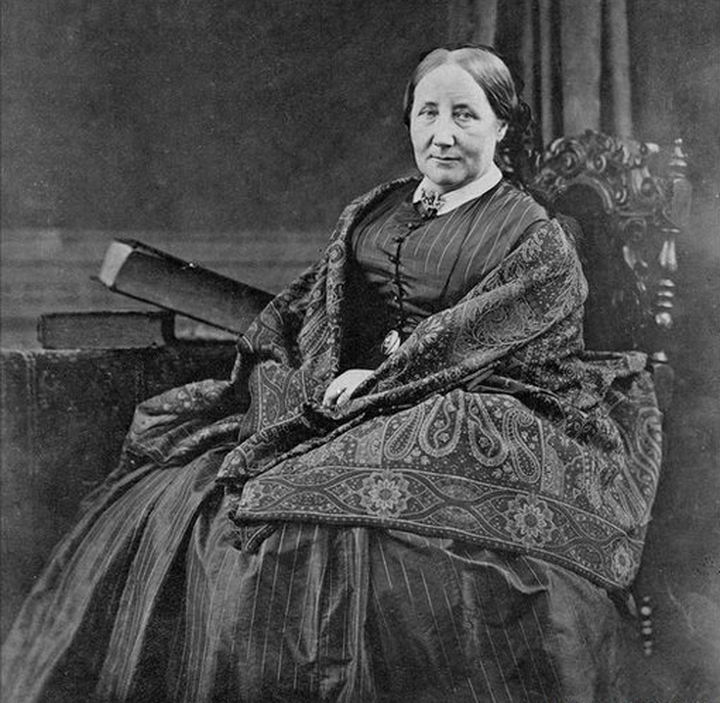
Born in 1810, Elizabeth Gaskell stands as a testament to the power of literature to reflect societal shifts. Often overshadowed by her contemporaries, Gaskell’s works provide a vivid account of England during the Industrial Revolution.
Through novels like “North and South” (1854) and “Mary Barton” (1848), Gaskell painted a detailed picture of the class struggles, societal changes, and the human cost of rapid industrialization. Her keen observations and empathetic character portrayals made her works resonate deeply with readers.
Moreover, Gaskell’s association with notable figures like Charles Dickens and her biographical work on Charlotte Brontë showcases her versatility and wide-ranging influence in the literary world. Her commitment stands strong in highlighting societal issues. This particularly includes those affecting women and the working class. Such dedication cements her status as a pivotal figure in British literature.
Elizabeth Gaskell’s novels are both studied and appreciated. However, her broader impact on shaping narratives of the Industrial Revolution and its aftermath is often understated. This situation renders her contributions invaluable yet slightly overshadowed in the grand tapestry of British authors.
01 – Jerome K. Jerome: The Humorist Who Mirrored Society
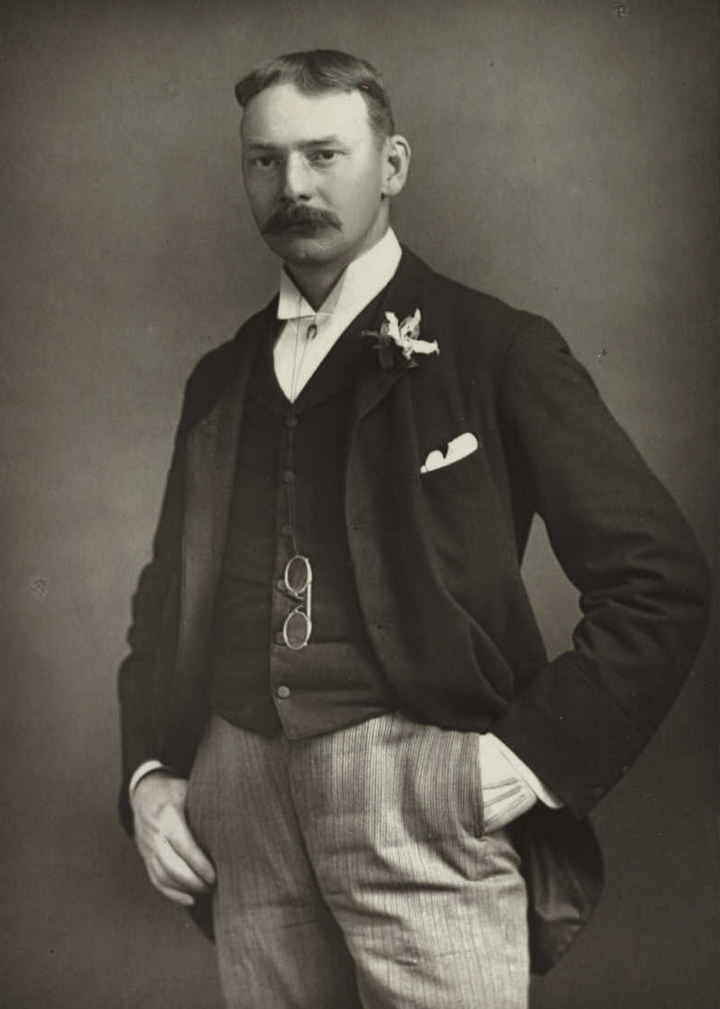
Jerome K. Jerome, born in 1859, was a beacon of humor and social commentary in the Victorian era. Often remembered for his comic masterpiece, “Three Men in a Boat” (1889), Jerome’s writing was much more than just a source of laughter. It was a mirror to the society of his time.
His works often satirized the absurdities of everyday life and the peculiarities of human nature. Jerome had a knack for turning ordinary situations into memorable adventures, filled with sharp wit and profound insights. His stories are not just comedies. They are studies of the human condition, encapsulating the hopes, fears, and idiosyncrasies of his contemporaries.
Despite his popularity during his lifetime, Jerome’s contributions to British literature have been somewhat overshadowed. He was not just a humorist but also a thoughtful commentator on the changing social landscape. His works continue to resonate, making him a truly influential yet underrated British author.
The Essence and Influence of British Literature
What truly are the characteristics of British literature? It’s a collage of diverse styles and themes. From the structured verses of the Elizabethan era to the free-flowing narratives of modernism, British literature has it all. But some common threads weave through it — a penchant for introspection, a deep connection with nature, a questioning of societal norms, and often, a dark, understated humor. These elements, combined with a distinct language style, make British literature a genre of its own.
However, its influence doesn’t stop at the shores of Britain. How did British literature influence American culture? It served as a foundational pillar. Early American writers drew heavily from British literary traditions, adapting them to their new environment. British novels, poetry, and plays were among the first to be widely read in the colonies, setting the stage for the future American literary scene. This transatlantic exchange of ideas and styles enriched both cultures, creating a literary dialogue that continues to this day.
The essence of British literature lies in its ability to transcend geographical boundaries and touch lives across the globe. It’s a testament to the power of the written word, and how stories, irrespective of their origin, can resonate with people everywhere.
The Distinctive Flavor of British Literature
What makes British literature different? It’s the same thing that makes any culture’s literature unique: its voice. British literature has a distinct voice that resonates through time and space. It’s a blend of historical depth, linguistic finesse, and a profound understanding of the human condition. Whether it’s the romantic escapades in romance novels or the societal critiques in Victorian prose, British literature offers a window into the soul of a nation.
From the rugged Scottish highlands in Walter Scott’s works to the bustling streets of London depicted in Dickens’ novels, British literature brings iconic British landmarks to life. It’s a journey through time and space, with each writer serving as a guide. And as we navigate this realm, we discover that British literature is not just about the stories told. It’s about the voices that tell them – voices that deserve to be heard, celebrated, and cherished.
In conclusion, as we celebrate the renowned names of British literature, let’s also shine a light on those underrated British authors. They are the ones who silently shaped the contours of British literature, leaving an indelible mark on the literary world. They may not always be at the forefront of fame. But their contributions are the undercurrents that keep the river of British literature flowing, vibrant, and endlessly fascinating.


